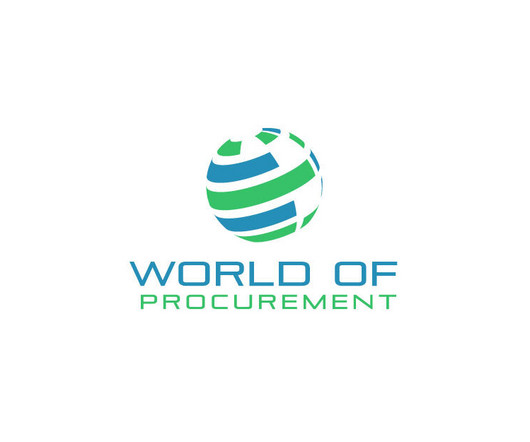ERP vs. Best-in-Class — What is Best for Managing the Healthcare Supply Chain
ivalua
FEBRUARY 25, 2021
Additionally, a purpose-built solution will enable you to measure and monitor buyer adherence to compliance purchasing, ensuring your team is taking advantage of preferred items and reaping the rewards of the contracts you have in place. Demand planning capabilities.












Let's personalize your content